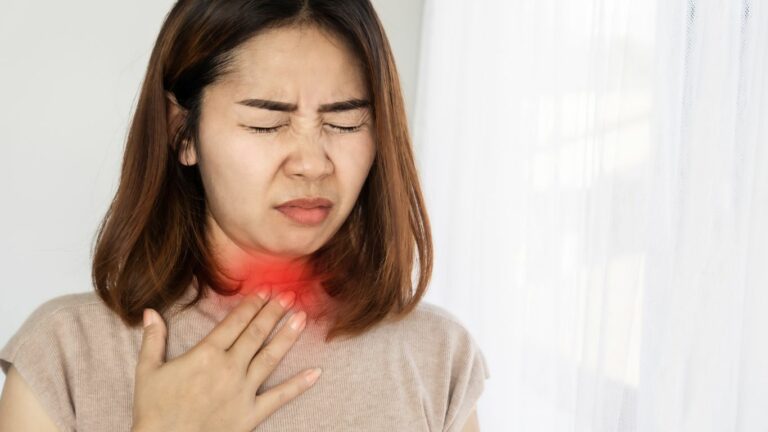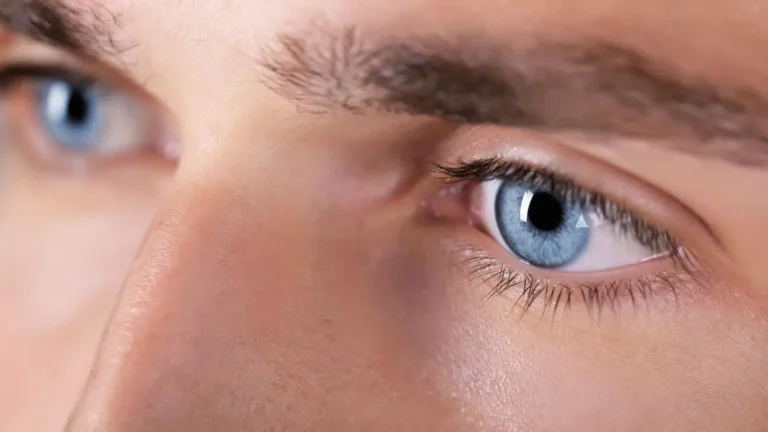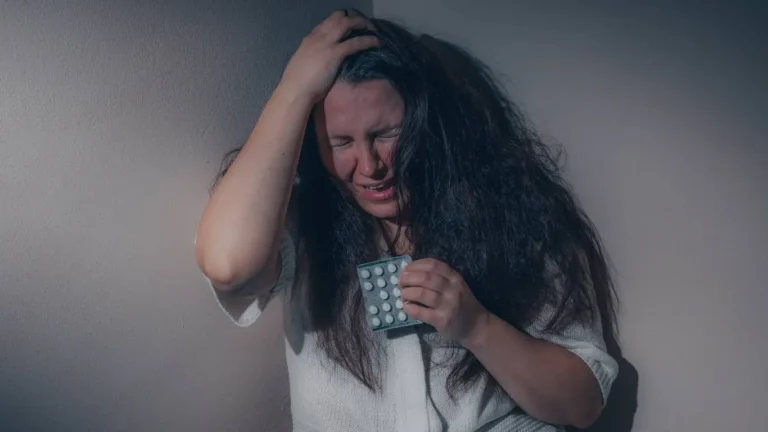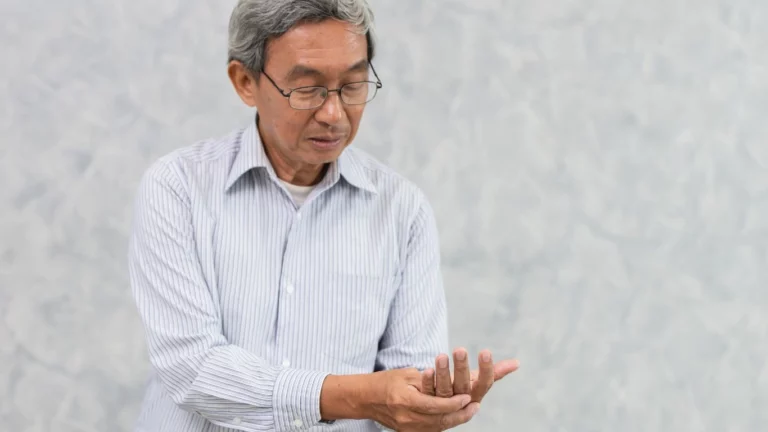Overhydration Can Lower Blood Pressure Dangerously: What to Know
Can overhydration lower blood pressure dangerously? That’s a question I’ve heard surprisingly often in clinic, and honestly, it’s a good one. I still remember a patient who came in worried because she was drinking nearly two gallons of water a day hoping to “flush out” her hypertension. She felt dizzy, tired, and kept needing to lie down. Spoiler alert: her blood pressure was *low*, not high. As an internal medicine physician who’s been managing hypertension for over a decade, I’ve seen how hydration—while vital—can tip into a danger zone when overdone. So let’s get into it.
Understanding the Basics: Hydration and Blood Pressure
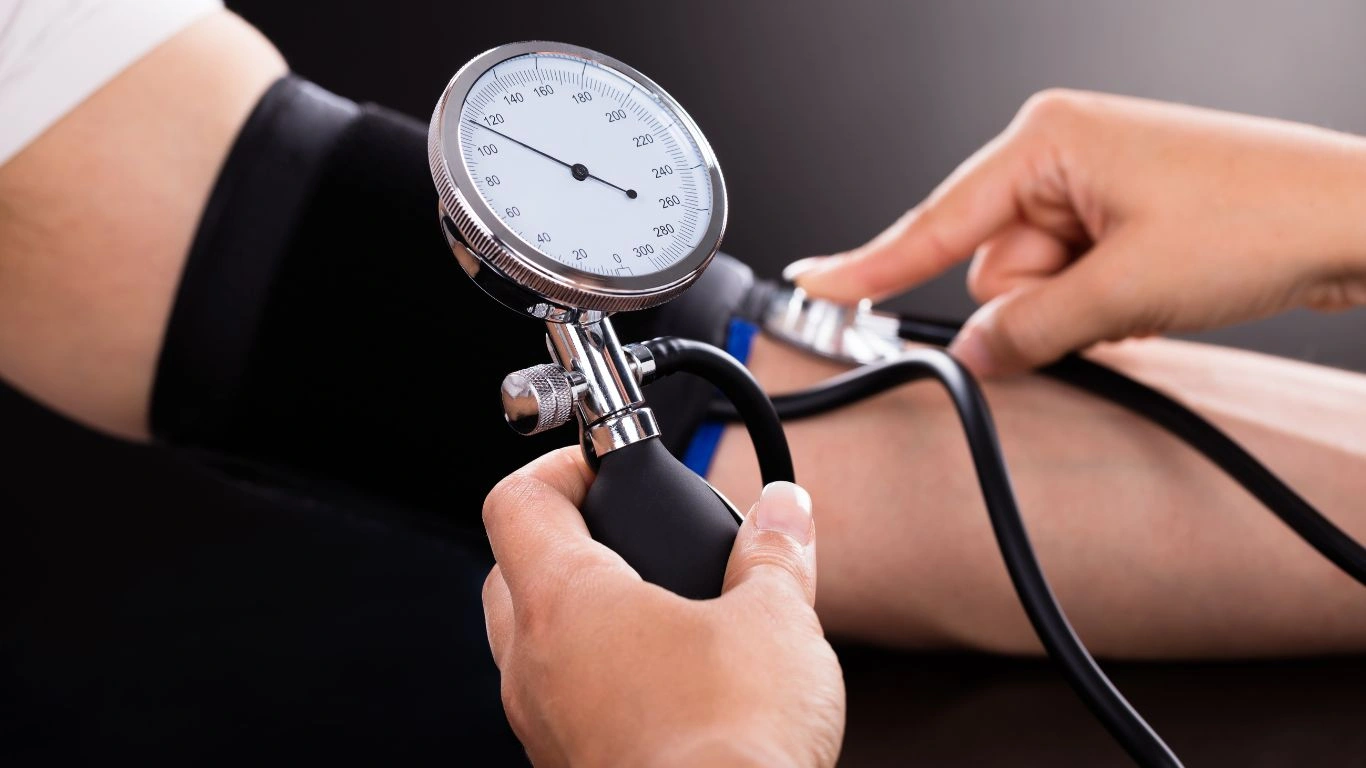
Most people know dehydration can cause blood pressure to dip—makes sense, right? Less fluid = lower volume in the blood vessels. But what happens on the *other* end of the spectrum? When someone drinks an excessive amount of water, especially in a short time, it can lead to a condition called hyponatremia—a dilution of sodium in the blood. And guess what? That can dangerously lower blood pressure too.
Now, I’m not talking about sipping water regularly throughout the day. I mean chugging bottles of water out of anxiety, diet fads, or just thinking “more is better.” It’s something I’ve seen more frequently in recent years with wellness trends pushing extreme hydration routines.
Can Overhydration Lower Blood Pressure Dangerously? Let’s Break It Down
Yes, it absolutely can. When your body takes in more water than your kidneys can flush out, your bloodstream gets diluted. Sodium levels drop, and this can trigger symptoms like:
- Dizziness or lightheadedness
- Nausea
- Fatigue or mental fog
- Muscle cramps or twitching
- Hypotension (low blood pressure)
In more severe cases, overhydration can even lead to confusion, seizures, or coma. It’s rare, but I’ve personally admitted a couple of cases where well-meaning patients simply drank too much water too fast. Their blood pressures were shockingly low, and they needed IV fluids—not to rehydrate, but to rebalance their electrolytes.
The Physiology: Why Does Too Much Water Cause Low Blood Pressure?

Here’s the nerdy (but important) part: your blood pressure depends on volume and resistance. When you drink a healthy amount of water, it maintains blood volume and supports stable pressure. But if you go overboard, the body tries to compensate by dumping the extra water through urine. This takes time—and if your kidneys can’t keep up, the volume overload leads to dilutional hyponatremia.
Sodium helps regulate blood volume and pressure. So if sodium levels plummet, so does your body’s ability to maintain vascular tone. That means less constriction in the vessels, more leakage into surrounding tissues, and a resulting drop in blood pressure.
What I Tell My Patients
I usually tell my patients to aim for hydration, not overhydration. A good rule of thumb? Let thirst guide you, and check the color of your urine—light yellow is usually a sign you’re doing okay. If it’s crystal clear all day, you might be overdoing it. And if you’re dealing with high blood pressure, we don’t want to replace one problem with another. Balance is everything.
One of my regulars, a middle-aged man managing Stage 1 hypertension, came in after starting a water fast cleanse. He was drinking upwards of 3 liters before noon. Guess what happened? His systolic pressure dropped to the 90s, and he felt like he was walking through fog. We adjusted his fluid intake and paused his meds briefly—his BP normalized in a few days.
Signs You Might Be Drinking Too Much Water
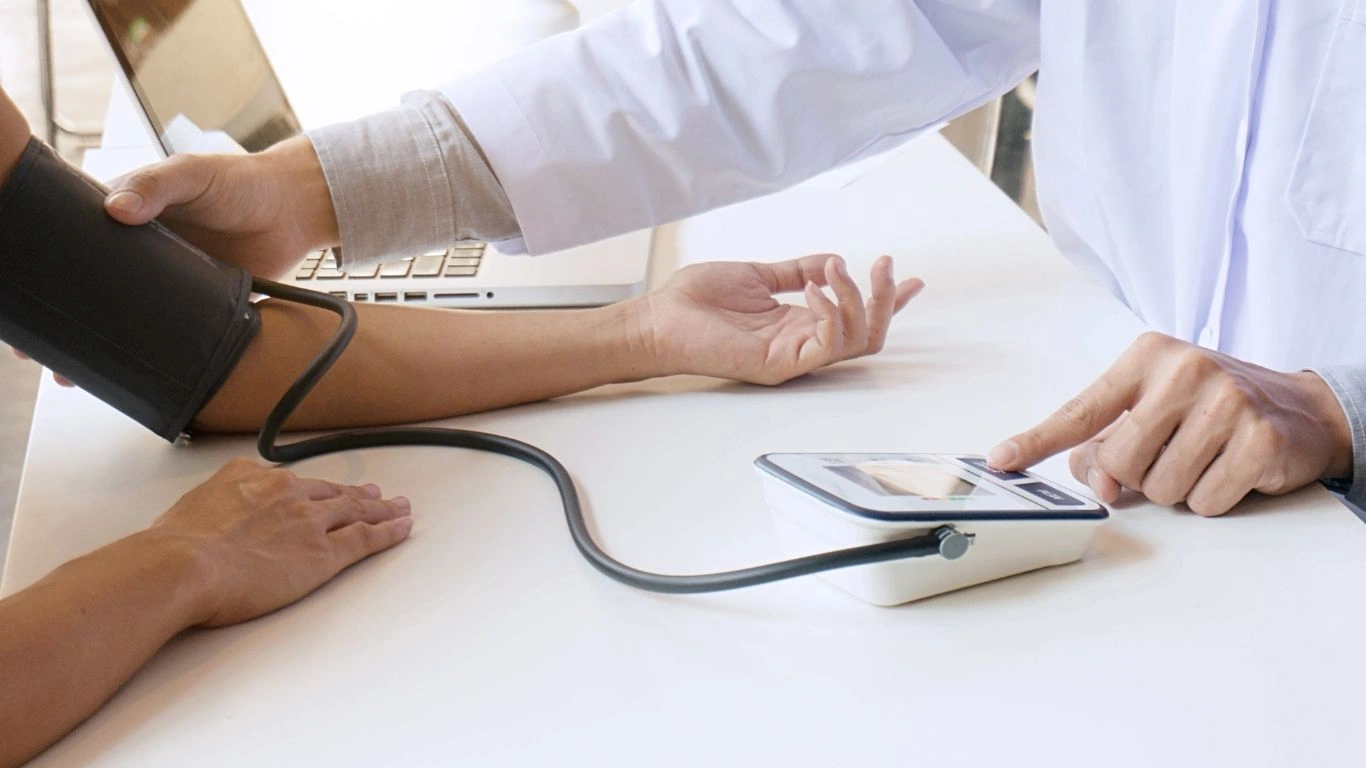
- You feel bloated or puffy despite no change in diet.
- You’re urinating every 30-45 minutes, even at night.
- You feel lightheaded or tired without exertion.
- Your urine is completely clear and odorless all day.
- You’re taking water bottles everywhere like it’s a mission.
That last one might sound familiar—don’t worry, we’ve all been there. Hydration is important, but the trend of excessive water intake has created a lot of confusion around what’s actually healthy. And if you’re on blood pressure meds, especially diuretics, it’s even more crucial to avoid extremes.
Who’s Most at Risk from Overhydration and Low Blood Pressure?
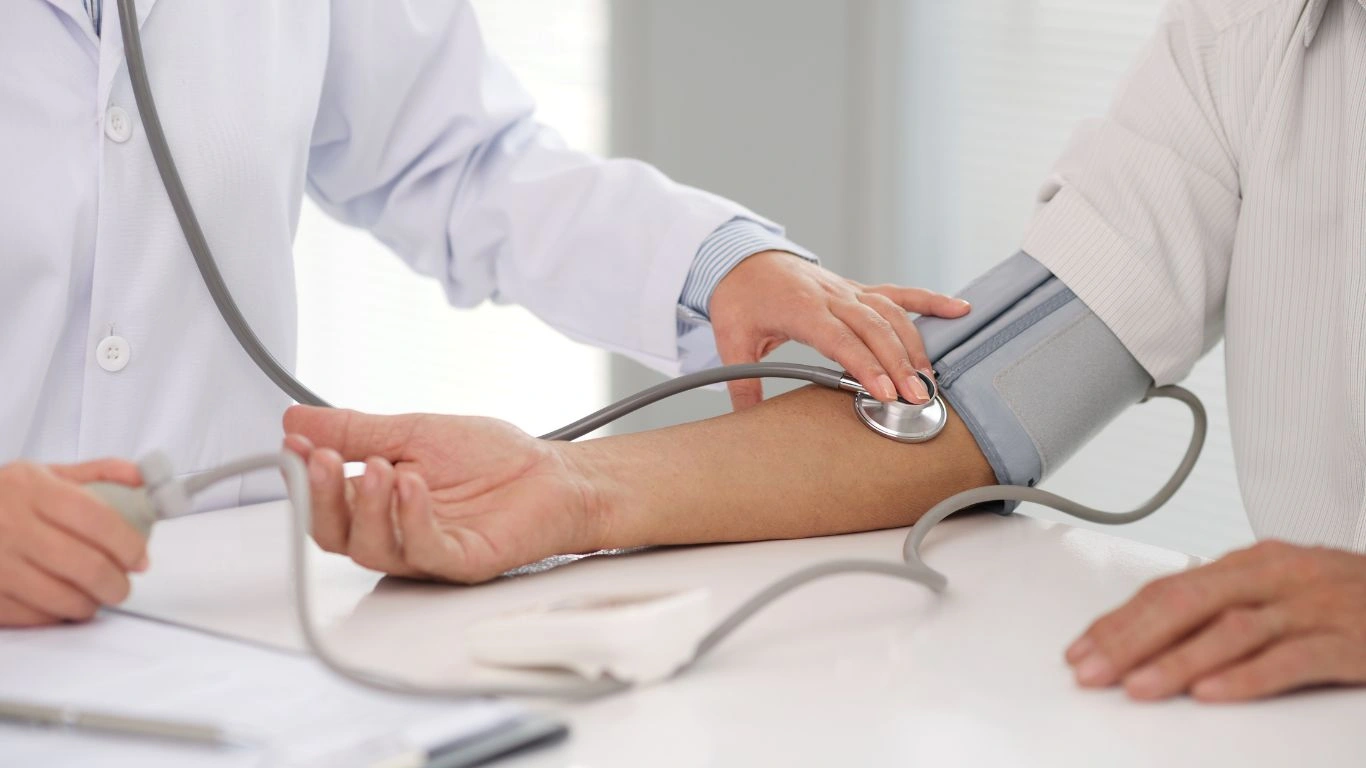
In my practice, I’ve seen certain groups of people struggle more with the effects of overhydration. If you’re in any of the following categories, it’s especially important to be mindful of your fluid intake:
- Older adults – As we age, our kidneys become less efficient at excreting excess water. Plus, older adults often take multiple medications that can further disrupt fluid balance.
- People on diuretics or blood pressure meds – These medications already encourage fluid loss or change how your body handles electrolytes. Adding excess water on top of that? Not a good combo.
- Endurance athletes – Yes, even the super-fit can run into trouble. Drinking too much water during long races without replenishing electrolytes can cause exercise-associated hyponatremia.
- People with kidney or heart conditions – When your body struggles to maintain proper fluid balance on its own, hydration needs to be handled with care and usually with professional guidance.
I once had a marathon runner in her 40s come in post-race with low BP and extreme fatigue. Turns out she had overhydrated without taking in any sodium. Her labs showed dilutional hyponatremia, and her systolic pressure was in the 80s. After some careful IV fluid correction (yes, ironically she needed salt *and* fluids), she recovered quickly—but it was a wake-up call for her and for many of my athletic patients.
How to Stay Hydrated *Safely*—Without Risking Low Blood Pressure

Here’s the thing: water is essential. I would never suggest skipping hydration. But like with most things in medicine, moderation is key. Here’s how I guide my patients to stay balanced:
- Listen to your body – Thirst is a built-in system that actually works really well for most people. Trust it more than random hydration “challenges” you see online.
- Use urine color as a guide – Light yellow is usually ideal. If it’s crystal clear all day, cut back a little. If it’s dark or smells strong, up your intake (unless there’s another cause, of course).
- Watch your meds – If you’re taking diuretics or blood pressure medications, speak to your doc (hopefully someone like me!) about how much fluid is safe for you. It’s not one-size-fits-all.
- Balance electrolytes – Especially if you’re sweating a lot or working out hard. Coconut water, broths, or electrolyte tabs can help maintain sodium levels without overloading on fluids.
- Know your numbers – Keep an eye on your blood pressure at home if you’re prone to big fluctuations. I’ve seen so many patients discover hidden patterns this way.
Personal anecdote: One of my long-time hypertensive patients—a retired teacher who loves walking trails—used to bring a gallon jug with her on every hike. She assumed more water meant better health. But she often felt weak and dizzy afterward. Once we cut her intake in half and added a pinch of salt to her water bottle, her symptoms vanished. Sometimes it’s that simple.
So, What’s the “Sweet Spot” for Hydration?

Honestly, there’s no magic number of cups per day that works for everyone. The old “8 glasses a day” rule? It’s outdated. Your ideal intake depends on:
- Your size and weight
- Activity level and climate
- Your current medications
- Any underlying health conditions
For most of my adult patients without heart or kidney problems, I usually recommend somewhere between 1.5 to 2.5 liters of water daily—but with room for adjustment. If you’re thirsty, drink. If you’re not, don’t force it. And if you’re feeling fatigued or foggy after gulping down glass after glass? That’s your cue to stop and reassess.
One last point I always emphasize: hydration isn’t just about water. Soups, fruits, veggies, and even tea all contribute to your daily fluid intake. So when we talk about hydration, it’s not just bottles and tumblers—it’s your entire dietary picture.
When to Seek Medical Help
It’s easy to dismiss symptoms like lightheadedness or nausea, but if you’ve recently upped your water intake and feel off, don’t wait. Signs you might need help include:
- Persistent dizziness or fainting
- Confusion or slurred speech
- Muscle twitching or weakness
- Swelling in the hands, feet, or face
- Headaches that don’t go away
These can all be signs that your sodium levels or blood pressure are out of whack. I’ve had patients assume they were just tired or stressed, only to learn their labs were way off. A quick blood test and a look at your vital signs can provide clarity—and in some cases, save your life.
Can Overhydration Lower Blood Pressure Dangerously in Everyday Life?
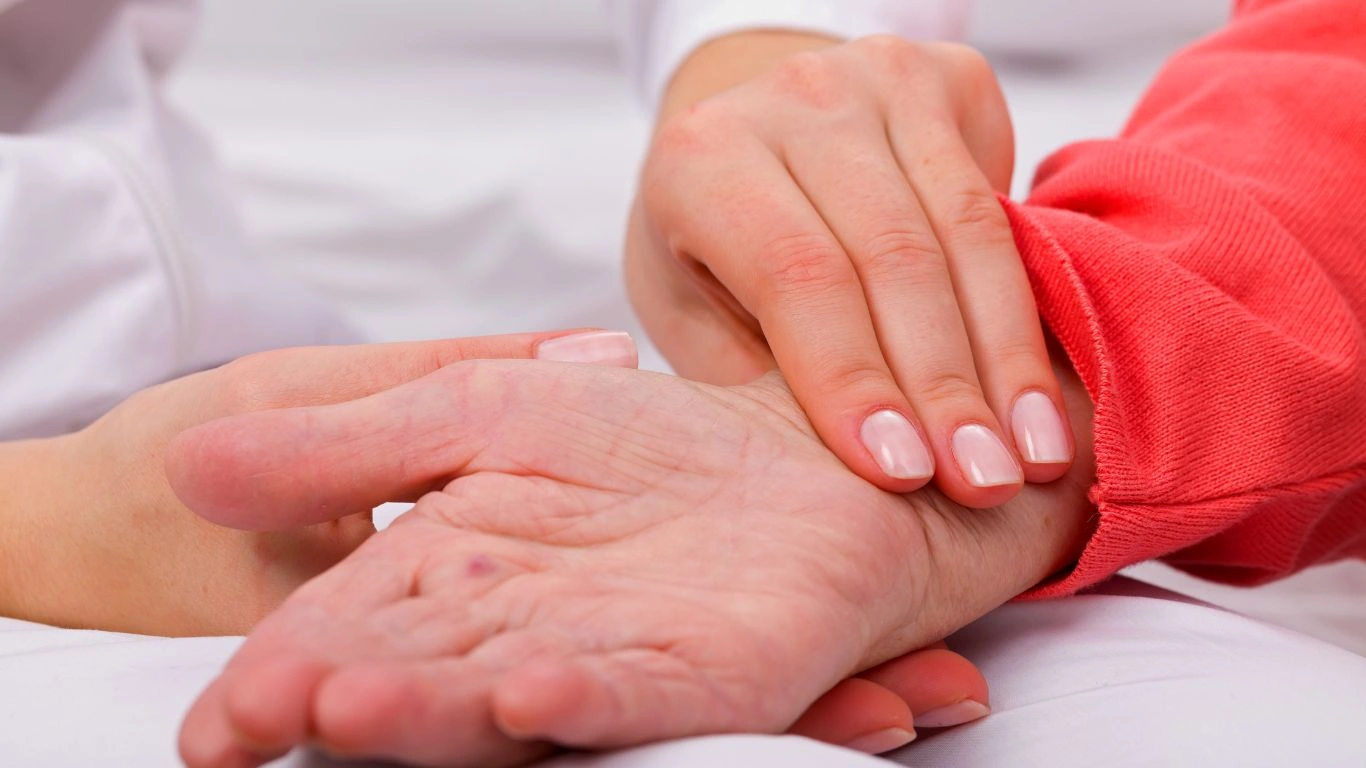
At this point, you might be wondering—how likely is this to happen to *you* in everyday life? The truth is, while extreme overhydration isn’t as common as dehydration, it’s still very much a risk I see creeping into real-world habits, especially among health-conscious folks who mean well. When patients start tracking water like it’s a competitive sport, that’s when I step in with some gentle redirection.
For example, a young nurse I see for routine care was convinced she needed to drink four liters of water daily to stay “detoxed.” She started feeling faint during shifts and even had a near-fall. Her blood pressure was consistently reading around 88/58, which was *way* below her baseline. We reduced her intake by a liter and added some electrolyte-rich foods. Within days, her energy was back, and her BP normalized. That kind of quick rebound is what I love about clinical medicine when we catch it early.
Bottom line: overhydration doesn’t always look dramatic. Sometimes it’s just subtle fatigue, a foggy brain, or feeling “off.” But those signs deserve attention, especially if you’ve recently made major changes to your fluid habits or you’re already managing hypertension with meds.
How Much Is *Too* Much Water for People With Hypertension?
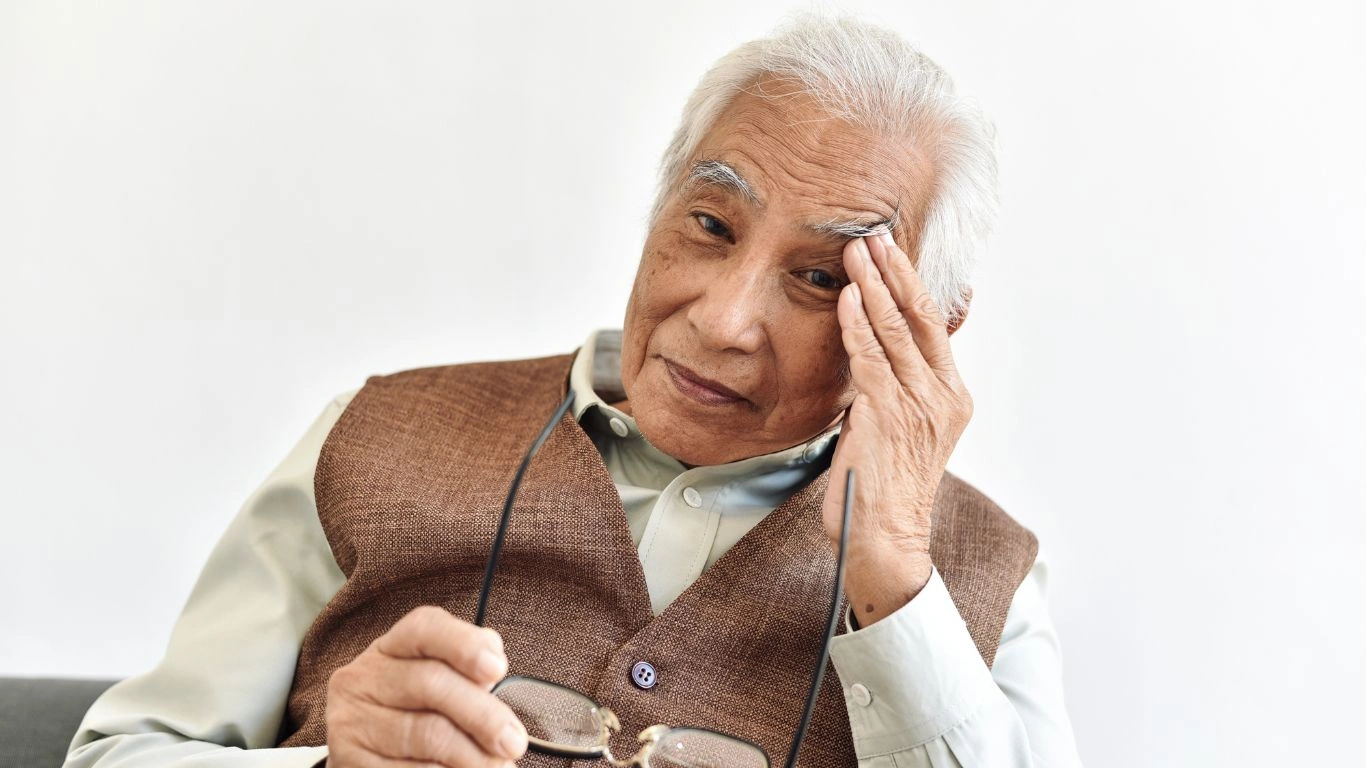
This is a question I get almost weekly, and the answer is… it depends. For folks with hypertension, we have to look at the full picture: Are you on diuretics? Beta-blockers? Do you have kidney involvement? What’s your sodium intake like?
Here’s a safe, flexible guide I often suggest during consults:
- If you’re on diuretics: Don’t overcompensate with water. Stick to 1.5–2 liters per day unless your doc says otherwise.
- On a low-sodium diet? Then be extra cautious. You’re already keeping salt low, so don’t over-dilute with excess fluids.
- Taking ACE inhibitors or ARBs? These can affect kidney function. Drink moderately and monitor how your body feels.
- If your BP is already borderline low: You may not need 8 cups a day—let thirst and symptoms be your compass.
I remember a patient with Stage 2 hypertension who was doing everything right—eating well, exercising, and staying hydrated. But his BP readings kept dropping too low mid-morning. Turns out, he was slamming back two full liters of water before breakfast. We split his intake across the day, added a small amount of salt to his breakfast, and like magic—steady BP, no more dizzy spells.
Tips for Smart Hydration with Blood Pressure in Mind
Let’s wrap up with some practical, no-nonsense tips I share with my patients who are balancing hydration and blood pressure:
- Don’t drink “just because” – Hydration is not a checklist. If you’re not thirsty and your body feels fine, skip the extra glass.
- Think about timing – Spread water out across the day. Big gulps all at once can spike and crash your BP, especially on an empty stomach.
- Add electrolytes if needed – A pinch of salt, a few bites of banana, or a sugar-free electrolyte mix can help if you’re sweating or urinating a lot.
- Track your symptoms – Keep a small journal of how you feel with your hydration routine. Any changes in energy, blood pressure, or mental clarity? That’s data worth noticing.
- Get labs done if you’re unsure – Basic tests like serum sodium, creatinine, and even a spot urine osmolality can give powerful insights.
And seriously—don’t hesitate to ask your doctor (or someone like me!) if you’re unsure. Hydration isn’t as straightforward as most people think. Personalized advice beats one-size-fits-all every single time.
References
- American Heart Association
- National Kidney Foundation
- Mayo Clinic
- Centers for Disease Control and Prevention
Disclaimer
This article is intended for informational purposes only and does not constitute medical advice. Please consult a licensed healthcare provider for personalized medical guidance, especially if you are managing high blood pressure or other chronic conditions. Every individual’s hydration needs are unique—don’t make changes to your routine without professional support.

Dr. Gwenna Aazee is a board-certified Internal Medicine Physician with a special focus on hypertension management, chronic disease prevention, and patient education. With years of experience in both clinical practice and medical writing, she’s passionate about turning evidence-based medicine into accessible, actionable advice. Through her work at Healthusias.com, Dr. Aazee empowers readers to take charge of their health with confidence and clarity. Off the clock, she enjoys deep dives into nutrition research, long walks with her rescue pup, and simplifying medical jargon one article at a time.


